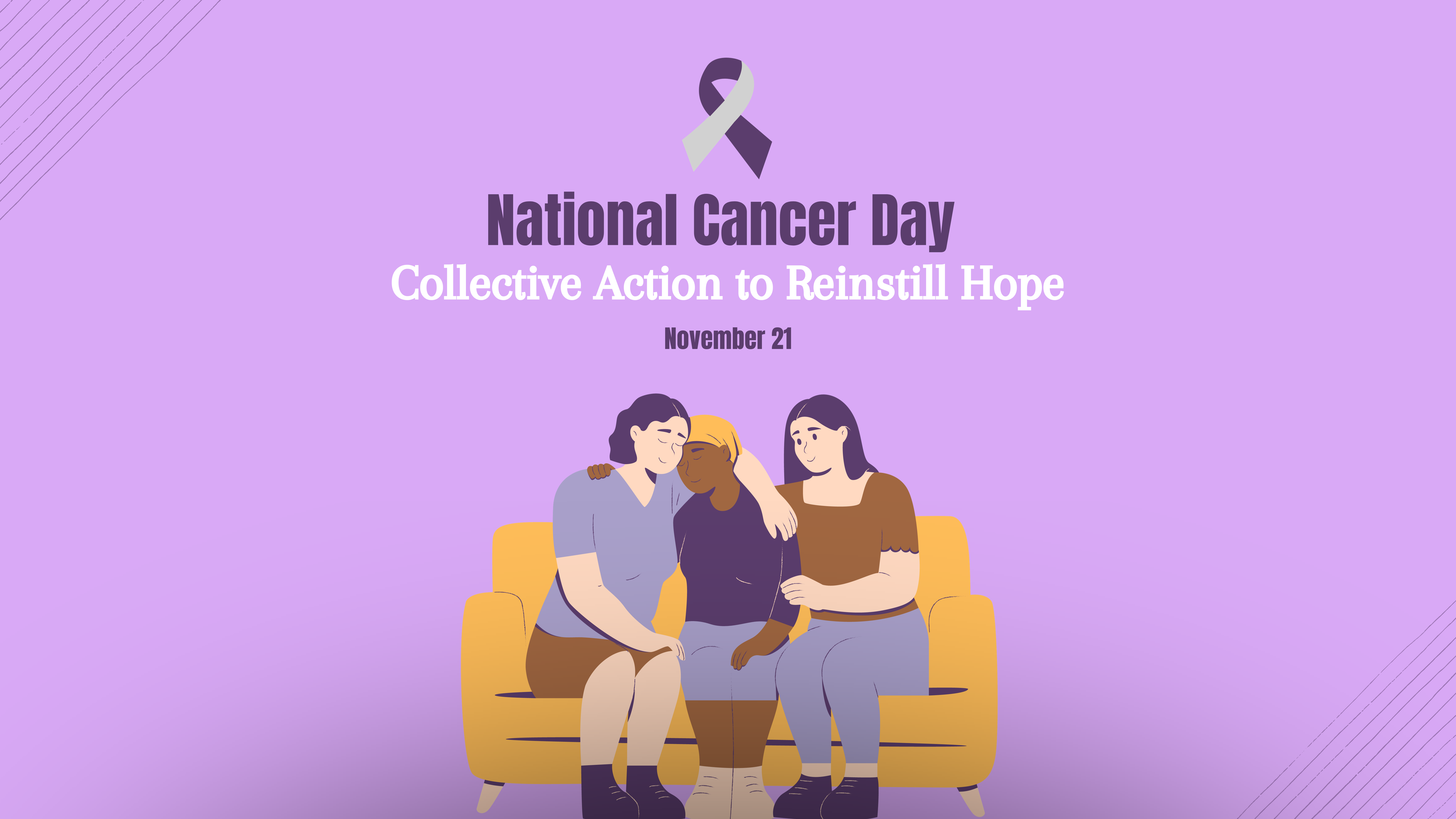Published
3 years agoon
Obsessive-Compulsive Disorder, known as OCD, is a serious and disabling disorder characterized by unwanted and anxiety-provoking recurrent intrusive thoughts, impulses, or images, in addition to either mental or physical compulsions.
Some OCD patients spend most of their waking hours performing routines and are unable to leave their houses, reflecting the seriousness of this condition, which can be quite challenging due to its difficult treatment nature.
In a new study published in Nature Communications, researchers noticed an imbalance in brain chemicals in patients diagnosed with OCD, a discovery that could lead to better treatments for this condition.
Approximately 3% of people have OCD. Due to the average age of onset, which is 19.5 years, many instances in childhood and adolescents go undiagnosed. The two common and recommended treatments are Cognitive Behavioral Therapy and selective serotonin reuptake inhibitors (SSRIs) antidepressants, which increase the brain’s serotonin levels.
However, in almost half of OCD patients, SSRIs don’t completely alleviate their symptoms; thus, the issue will likely persist to some degree, although it usually takes at least eight weeks of consistent treatment before any significant clinical improvement can be evident.
Scientists have suspected that this involves an imbalance between chemical messengers, namely glutamate and Gaba, in some brain regions.
As glutamate promotes communication between neurons, Gaba calms the central nervous system and makes us less inhibited. Therefore, imbalances in these chemicals can make communications relatively difficult within neural circuits in the brain, possibly leading to symptoms such as compulsions and intrusive thoughts.
Researchers found that OCD patients had higher levels of glutamate and lower levels of Gaba, indicating that the anterior cingulate cortex had extremely high amounts of neuronal connection, which can be linked to hyperactivity.
These findings recommend improved OCD therapies with an emphasis on rebalancing glutamate and GABA levels in specific brain regions, as genes that control the amounts of glutamate in the brain may be damaged in OCD patients.
The study also recommends medications that inhibit the release of glutamate from nerve cells at certain receptors in the brain and “transcranial magnetic stimulation,” which is a treatment administered via a magnetic coil positioned against the scalp to readjust the chemical balance and activity of these neural circuits.
In the future, OCD patients may benefit from these new treatments for an enhanced quality of life and overall well-being if the problem and the chemical imbalance are identified early on in the development of the illness.

Health: Morocco, Czech Republic Examine Ways to Strengthen Cooperation


World Autism Awareness Day: From Surviving to Thriving


Measles: Morocco’s Ministry of Health Launches Extensive National Vaccination Campaign

Africa CDC, Mastercard Foundation Affirm Commitment to Improving Health in Africa

National Cancer Day: Collective Action to Reinstill Hope

World Diabetes Day: Advocating for Improved Diabetes Care and Prevention
































Althena Media Group
Address:
Kamal Parc Center, Building A. Mohammedia. 28 810 Morocco
Phone Number: +212.710.39.99.99
Email: Contact@moroccoenglishnews.com
Advertising: Ads@moroccoenglishnews.com
Morocco English News is a leading digital news platform based in Morocco.
Morocco English News: See Morocco Differently
Updates and insights related to politics, culture, industry and technology, life and entertainment, Business and Finance.
